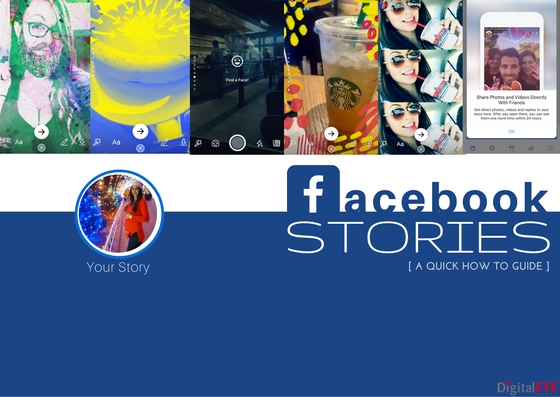How to Leverage Facebook’s Ad Relevance Score to Lower Your Ad Costs
Facebook has finally come up with some good news for social marketers exasperated with declining organic News Feed reach, increased competition for available advertising slots, and sharply rising advertising costs. The new Ad Relevance Score metric is Facebook’s answer to Google’s AdWords Quality Score and the basic premise is both potentially rewarding and disarmingly simple. The better your Facebook ad resonates with the audience, the less you pay.
How Does Ad Relevance Score Work?
Facebook advertisers can access Ad Relevance Scores in the ad reporting dashboard. Along with an updated composite score for your ad, you’ll be able to see an indicator of how your ad is performing in terms of both positive and negative feedback. You can even click on the bottom of your score box to access tips on how to create more relevant ads.
With the exception of Facebook ads with guaranteed delivery, all ads will be rated on a scale of one to ten – representing Facebook’s initial estimate of how well your ad will be received by your audience. Ratings will be updated over the life of your campaign as people view and interact with your Facebook ads. A combination of positive and negative feedback is evaluated to determine a composite score. Positive rating factors can include such metrics as comments, likes, clicks, and app downloads. Negative factors will also be considered, and may be influenced by the number of users who hide your ad, fail to interact, or report your ad to Facebook.

Why is Relevance Score Important?
The Relevance Score is a powerful tool for optimizing your Facebook ad spend. The insights you gain from Relevance Score will help you:
- Lower the costs of reaching the targeted audience who will be the most receptive to your offer. By showing the right ad to the right people, your ad’s relevance will increase and your cost-per-click will typically decrease. While higher relevance alone is no guarantee that your bid will win out over a similar ad with a higher bid, a higher relevancy score will generally help you manage your Facebook campaigns more efficiently.
- Test different copy and image approaches before you have to commit to a full-blown campaign. In addition to testing different creative approaches, you can test campaigns across different audiences.
- Improve your results from existing campaigns. By monitoring the relevance scores of Facebook campaigns that are currently running, you can tweak your creative or audience targeting as needed to improve your results.
Avoid These Common Facebook Advertising Mistakes
While the Relevance Score can provide a helpful snapshot of how well your ads are being received by Facebook users, you’ll have to look elsewhere for specifics on improving your ads. To get you started on the right track, here’s a look at a few of the most common mistakes made by Facebook advertisers.
Failing to target your fans. Directing your message at existing customers and Facebook users already familiar with your company and products is the key to cost-effective advertising. Research has shown that targeting to fans can boost your click-through rate by as much as 700 percent, and increase conversions by up to 400 percent.
Not thinking small enough. The smaller and more relevant the audience you target, the better results your Facebook ad is going to deliver. Instead of trying to reach everyone with one ad, create a different ad for each distinct audience.
Not testing your ad images. The image is the first element of your ad that users see, and you need to feature the most compelling image possible. Whenever possible, split-test your Facebook ad images to determine which delivers the highest number of clicks.










